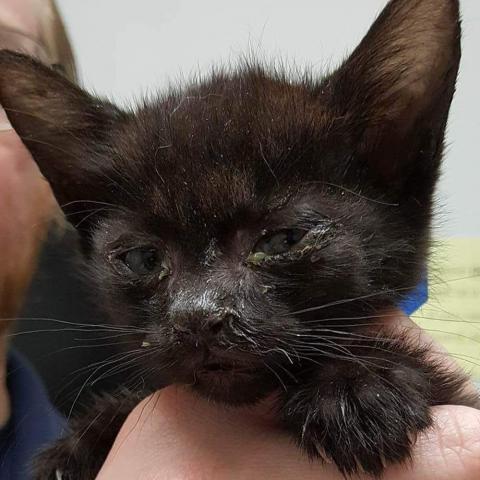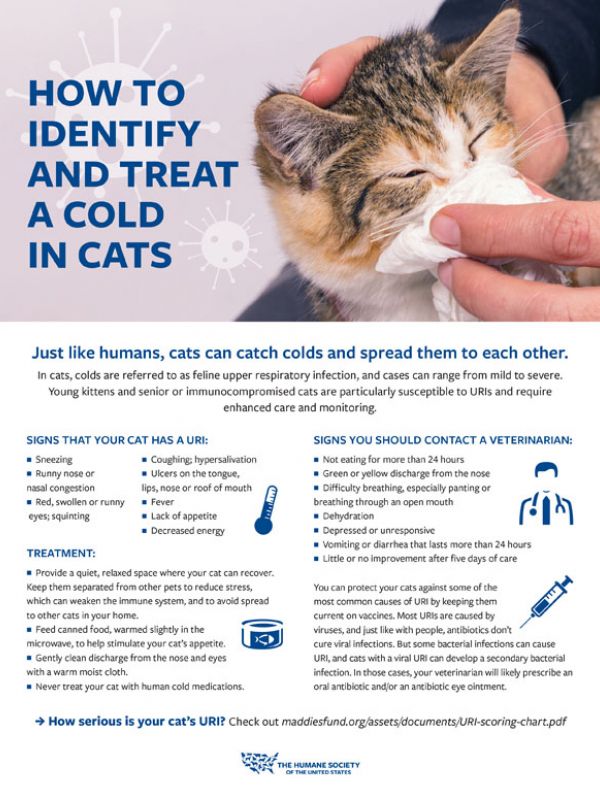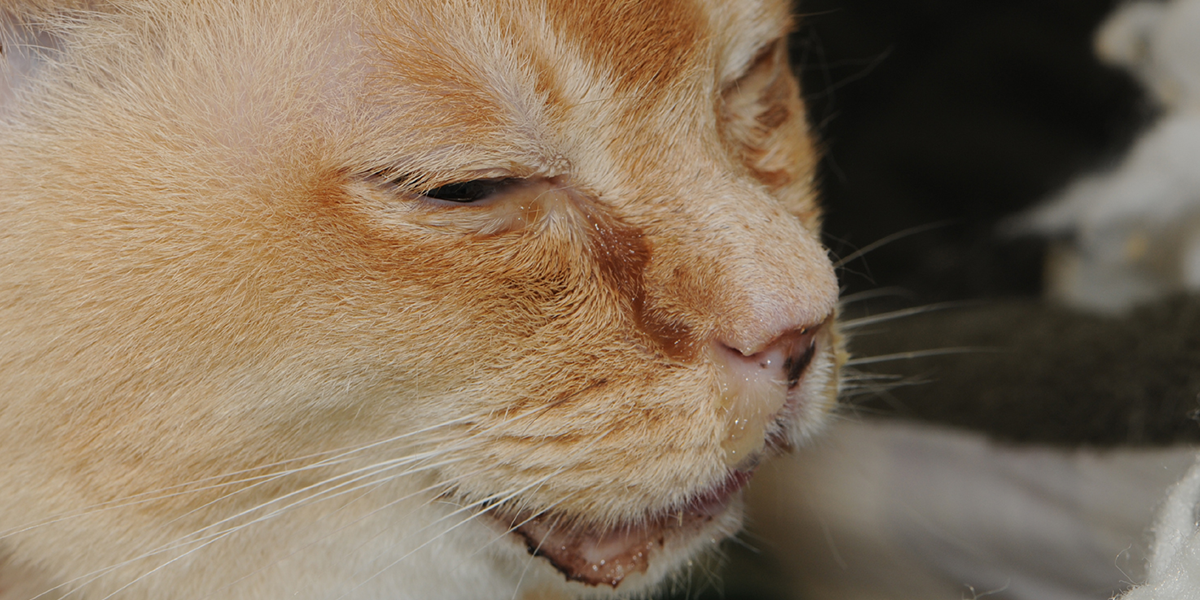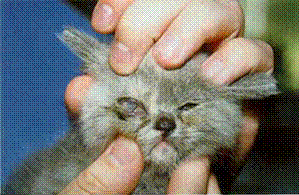Even if your cat has a viral infection it may have developed a secondary bacterial infection so antibiotics may be required. Neck masses are often seen in clinical practice and the family physician should be able to determine the etiology of a mass using organized.

Upper Respiratory Infections In Cats Animal Services
Viral bacterial or fungal infections.

. Upper respiratory infections are common for cats that live in crowded conditions like shelters or breeding facilities. However cats are often prescribed antibiotics for these infections to treat secondary bacterial infections. It is especially common in cats who have been exposed to a lot of other cats such as at an animal shelter.
If your cat has a bacterial infection such as mycoplasma oral antibiotics will be prescribed. Cat flu or upper respiratory infection URI is a very common disease that can vary considerably in severity and on occasions can even be life-threatening. Cats are subject to an airborne virus disease that is very similar to the common cold experienced by humans.
An infection is the invasion of an organisms body tissues by disease-causing agents their multiplication and the reaction of host tissues to the infectious agents and the toxins they produce. In the vast majority of cases disease results from infection with feline calicivirus FCV or. Infections can be caused by a wide range of.
In this article youll learn more about doxycycline what types of infections it may be indicated for side effects administration tips frequently asked questions and more. Your cat may have a cold when you get him home. According to Cornell the antibiotic clindamycin can also be used to treat the parasitic infection.
Typically conjunctivitis is treated with topical antibiotics in the form of drops or ointment. If an upper respiratory illness is present your vet may treat that as well. It is called URI Upper Respiratory Infection and is a common occurrence in an animal shelter.
Doxycycline is a broad-spectrum antibiotic commonly used to treat certain bacterial infections in cats. An infectious disease also known as a transmissible disease or communicable disease is an illness resulting from an infection. Inhaled irritants or allergens are other common causes of sneezing in cats.
The chief aim of bacterial infection treatment is to clear the infection. However upper respiratory infections in cats can be caused by or complicated by bacterial infections some of which might be contagious to humans. Feline Upper Respiratory Infection URI is similar to a common cold in humans.
Kittens and elderly cats are more likely to get infections. 2In addition to the components of immunity that protect urinary tract in general the kidneys are protected from bacterial infection by vesicoureteral flap valves relatively long ureters that. Other risk factors include.
In most cases of bacterial infections your cat may need some antibiotic treatments. Upper respiratory infections are often caused by viruses and there are no medications to specifically treat these. URI is very rarely fatal and usually resolves within one to three weeks.
Treatment generally consists of supportive care. The main reasons dogs are prescribed antibiotics is for the treatment of infections like bacterial infections respiratory infections gastrointestinal infections and tissue and skin infectionsAntibiotics for dogs work by either attacking the microorganism causing the infection or by inhibiting the growth of the microorganism. If youve got a sneezing cat chances are good the cat has an upper respiratory infection.
The upper respiratory infection that is caused by feline viral rhinotracheitis is only infectious to other cats. Cat owners may be told to make sure the cat is drinking plenty of fluids while he recovers. Pyelonephritis or infection of the renal pelvis and parenchyma is most commonly due to ascending infections from the lower urinary tract in dogs and cats Fig.
Depending on the type of bacterial infection its causes and your cats health condition the veterinarian will decide the treatment option for your cat. An alternate antimicrobial agent with a different spectrum should be considered only if the owner refuses a diagnostic workup and careful reevaluation of the cat still supports the presence of a bacterial infection without an obvious underlying cause see the Diagnosis of acute bacterial Upper Respiratory Infection section. One type of infection that often results in this eye disorder is FHV-1 or Feline Herpes Virus.
Theyre also more likely in multi-cat households. Feline Upper Respiratory Infection Risk Factors. In some cases the vet may take a swab from the mouth throat eyes or nose and send it to a lab to confirm an infection.

Adopter Handout Colds In Cats Humanepro By The Humane Society Of The United States


0 Comments